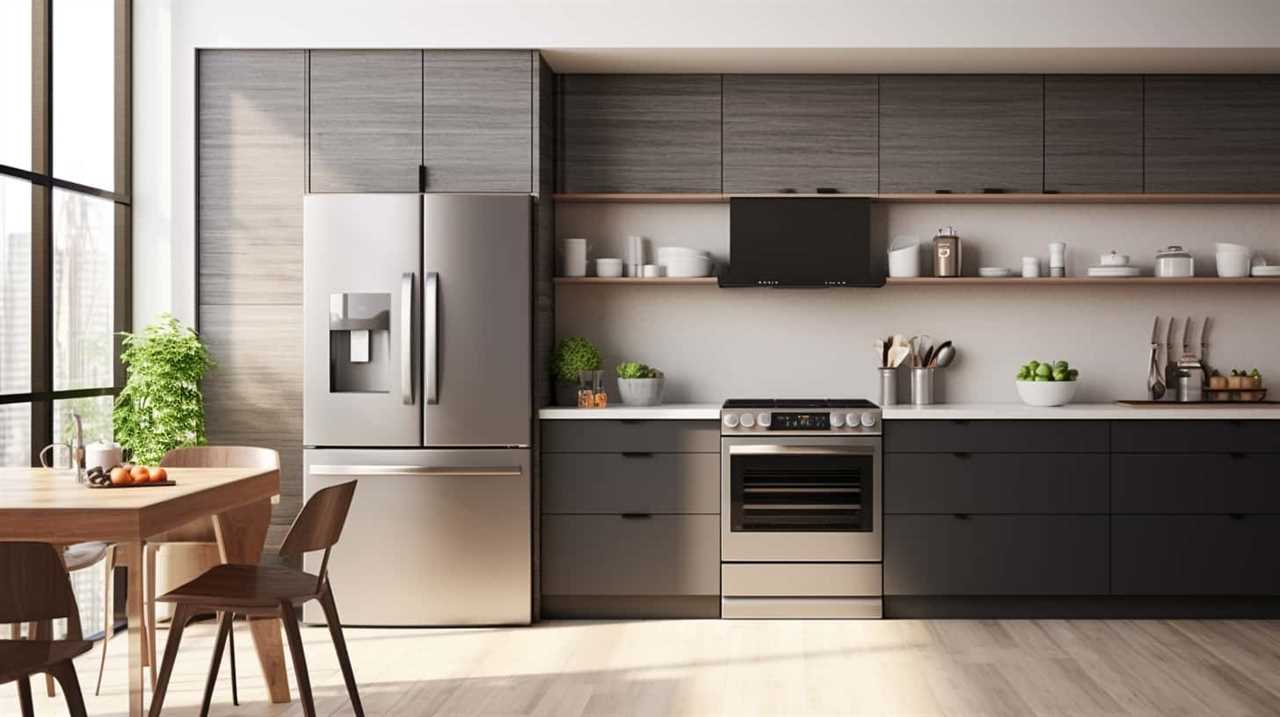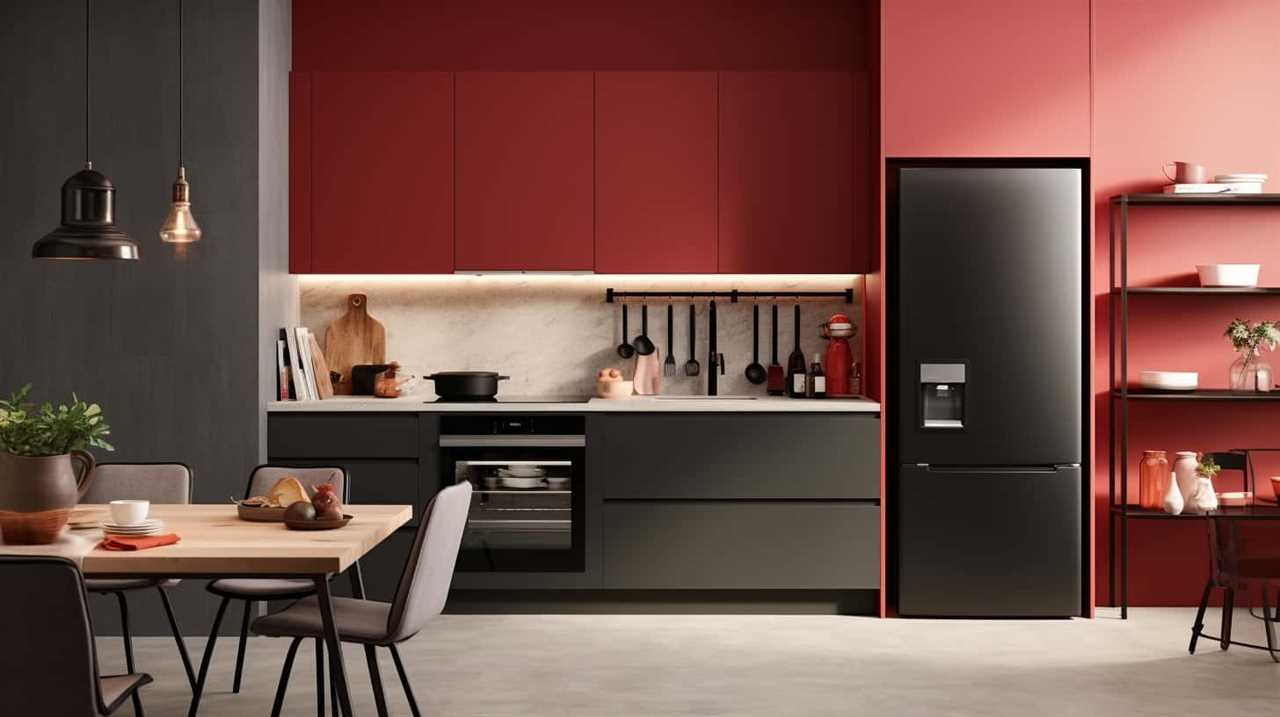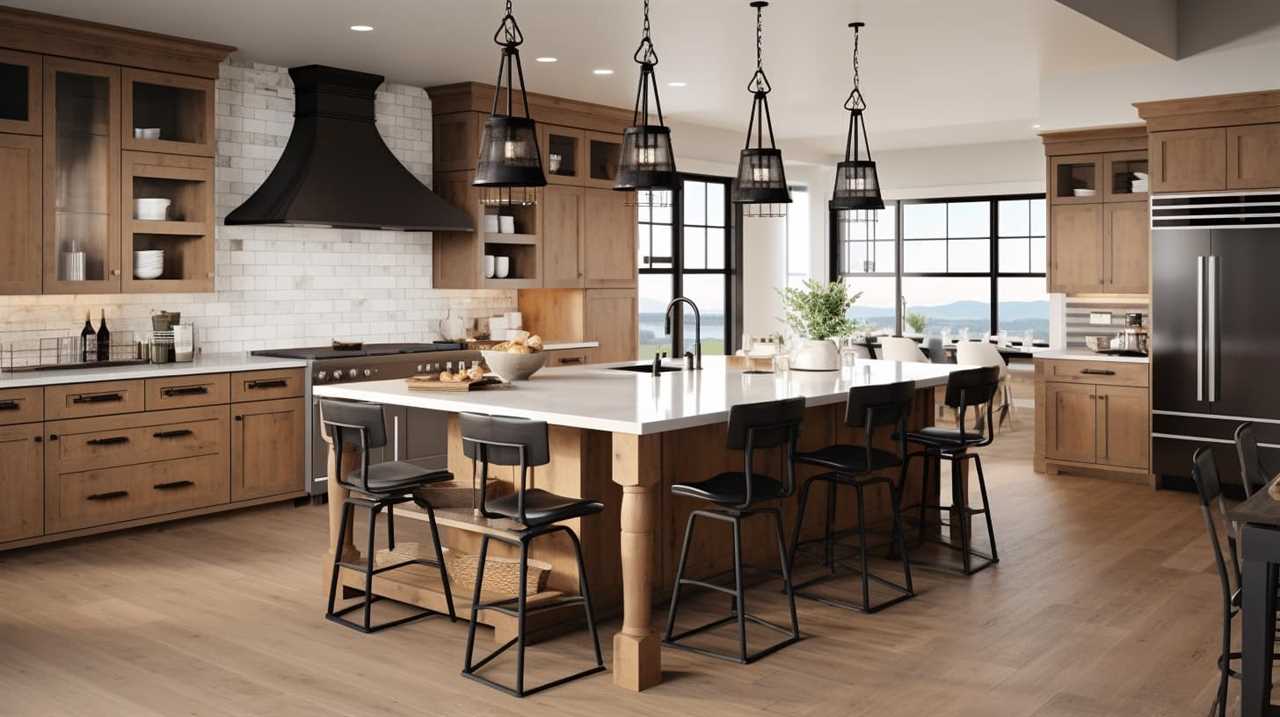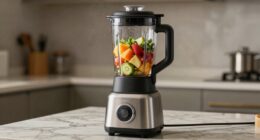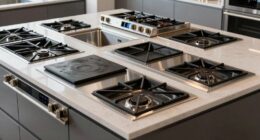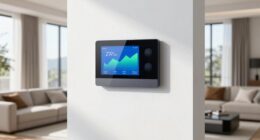DC appliances, also known as direct current appliances, are electrical devices that run on direct current instead of alternating current (AC). These appliances are specifically designed to be powered by sources like batteries or solar panels that generate direct current.
In contrast to AC appliances, which are commonly found in households, DC appliances are often used in specialized applications or off-grid systems. This introduction aims to provide a comprehensive understanding of DC appliances, including their definition, working principles, advantages, differences from AC appliances, common applications, factors to consider when choosing them, and maintenance tips.
Additionally, it will explore future trends in DC appliance technology. By delving into these aspects, readers with a desire for mastery will gain valuable insights into the world of DC appliances.
Key Takeaways
- DC appliances operate on direct current (DC) and are powered by batteries or solar panels.
- DC appliances offer energy efficiency benefits and are commonly used in off-grid applications or areas with limited access to electricity.
- DC power is generally more efficient than AC power, resulting in less energy loss during transmission.
- DC appliances have lower voltage levels compared to AC appliances, reducing the risk of electric shock.
Definition of DC Appliances
A DC appliance refers to an electrical device that operates on direct current (DC) rather than alternating current (AC). These appliances are designed to be powered by batteries or solar panels, making them ideal for off-grid applications or areas with limited access to electricity. When choosing DC appliances, it is important to consider their power requirements, efficiency, and compatibility with your power source. Look for appliances that have low power consumption and are Energy Star certified to ensure energy efficiency. Additionally, consider the size, weight, and durability of the appliance, especially if you plan to use it in a mobile or outdoor setting.

Troubleshooting common issues with DC appliances can often be resolved by checking the power source, such as battery voltage or solar panel output. It is important to ensure that the power source is providing the correct voltage and that the connections are secure. If the appliance is not functioning properly, checking the fuses, circuit breakers, or wiring for any damage or loose connections may help identify the issue. It is also recommended to refer to the appliance’s user manual or contact the manufacturer for further troubleshooting steps or professional assistance.
How DC Appliances Work
When considering how DC appliances work, it is important to understand the difference between DC and AC power.
Direct current (DC) flows in one direction, while alternating current (AC) changes direction periodically.
DC appliances operate using the constant flow of electrical current provided by DC power sources.

These appliances offer energy efficiency benefits and are commonly used in various applications such as solar power systems, RVs, boats, and off-grid living.
DC Vs AC Power
DC appliances operate using direct current (DC) power, as opposed to alternating current (AC) power. While AC power is the standard for most residential and commercial applications, DC power sources have their own advantages.
Here are three key differences between DC and AC power:
- Voltage: DC power maintains a constant voltage, while AC power fluctuates in a sinusoidal waveform. This makes DC power ideal for electronic devices that require a stable power supply.
- Efficiency: DC power is generally more efficient than AC power. DC appliances convert energy more directly, resulting in less energy loss during transmission.
- Safety: AC power requires additional safety measures, such as grounding, to protect against electrical shocks. DC power, on the other hand, has a lower risk of electric shock and is often used in low-voltage applications, such as portable electronics.
Understanding the differences between DC and AC power is essential for selecting the appropriate power source for different types of appliances and devices.

Energy Efficiency Benefits
To understand the energy efficiency benefits of DC appliances, it is important to explore how they operate. Unlike AC appliances, which convert AC power to DC power through internal rectifiers, DC appliances operate directly on DC power. This eliminates the need for additional conversion steps, resulting in higher energy savings and increased efficiency.
DC appliances are designed to match the voltage and power requirements of the DC power source, reducing energy losses that occur during the conversion process. By using DC power more efficiently, these appliances minimize energy waste and contribute to overall energy savings.
Furthermore, the environmental impact of DC appliances is reduced compared to AC appliances. With fewer conversion steps, there is less energy loss and therefore less demand on power generation, leading to a decrease in greenhouse gas emissions and a smaller carbon footprint.
Common DC Appliances
Common DC appliances are widely used in various industries and households due to their efficient and direct utilization of DC power. These appliances play a vital role in harnessing renewable energy sources such as solar power and ensuring effective battery storage.
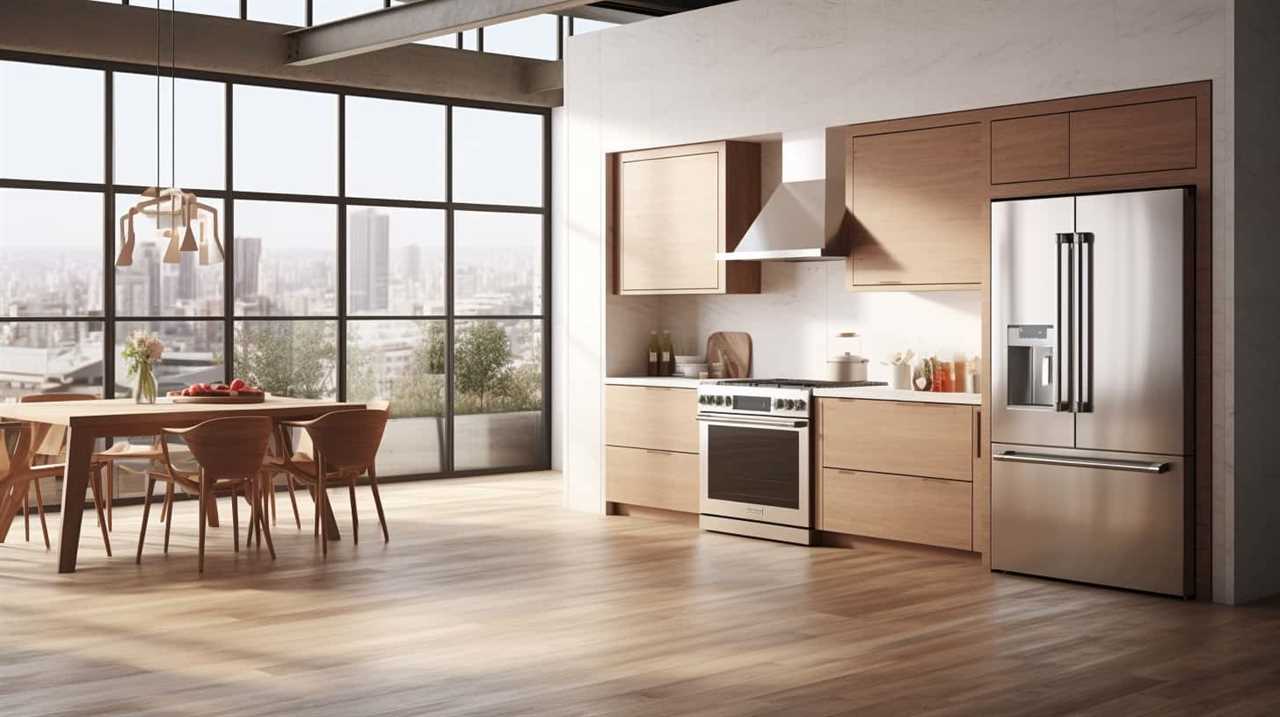
Here are three common examples of DC appliances:
- DC Refrigerators: These appliances are specifically designed to operate on DC power, making them ideal for off-grid locations or areas with intermittent power supply. They use energy-efficient compressors and insulation to keep food and beverages cool without relying on AC power.
- DC Fans: DC-powered fans are energy-efficient and can be directly connected to solar panels or battery storage systems. They provide effective cooling while consuming less power, making them a great choice for areas where electricity is limited.
- DC Water Pumps: DC water pumps are commonly used for irrigation, livestock watering, and other agricultural purposes. They can be powered by solar panels or battery storage systems, providing a reliable and sustainable solution for water distribution.
Advantages of DC Appliances
One significant benefit of DC appliances is their energy efficiency. DC appliances are designed to operate on direct current, which allows them to convert electricity more efficiently compared to AC appliances. This energy savings translates into lower electricity bills for consumers.
Additionally, DC appliances have a lower environmental impact due to their energy efficiency. By consuming less electricity, they reduce the demand on power plants, resulting in reduced greenhouse gas emissions. This is particularly important in the context of the global effort to combat climate change.
Furthermore, DC appliances can be powered by renewable energy sources, such as solar panels or wind turbines, making them even more environmentally friendly.
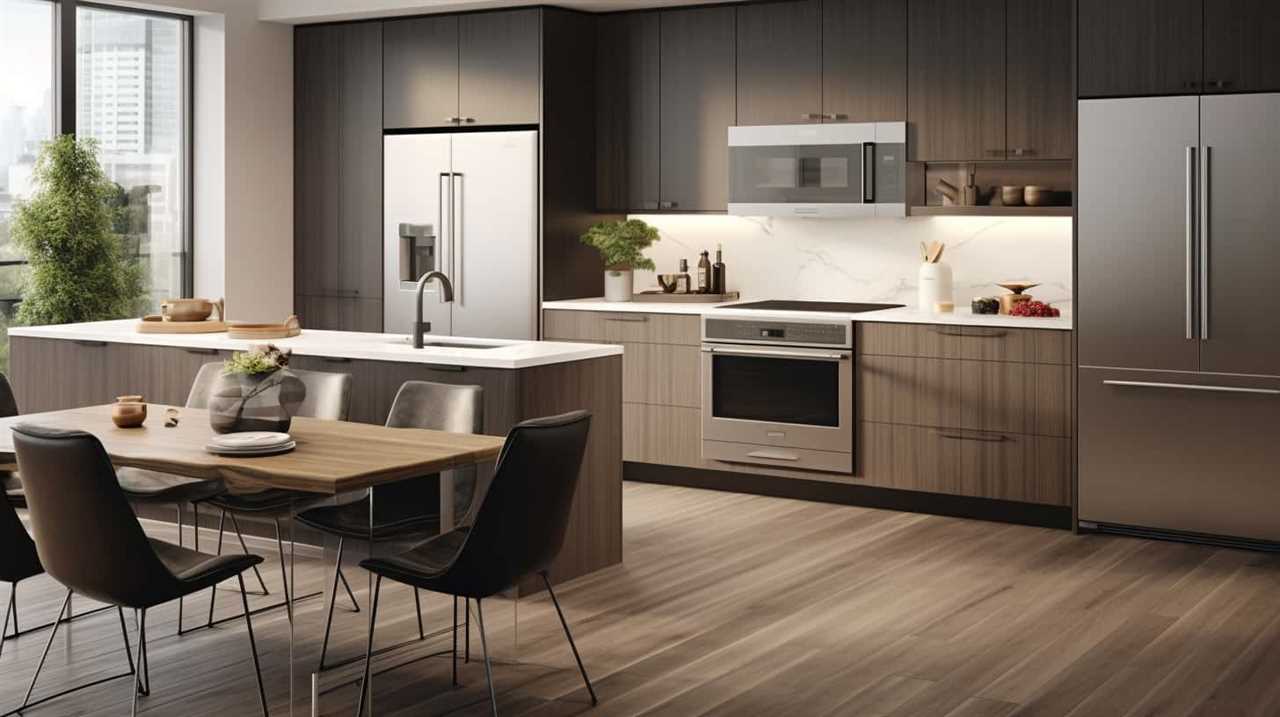
Differences Between DC and AC Appliances
When comparing DC and AC appliances, several key differences come into play.
Firstly, power consumption is a significant factor, with DC appliances generally being more energy-efficient than their AC counterparts.
Secondly, safety considerations must be taken into account, as DC appliances pose a lower risk of electric shock.
Lastly, the availability and compatibility of DC appliances may be limited compared to AC appliances, as AC power is more widely accessible.
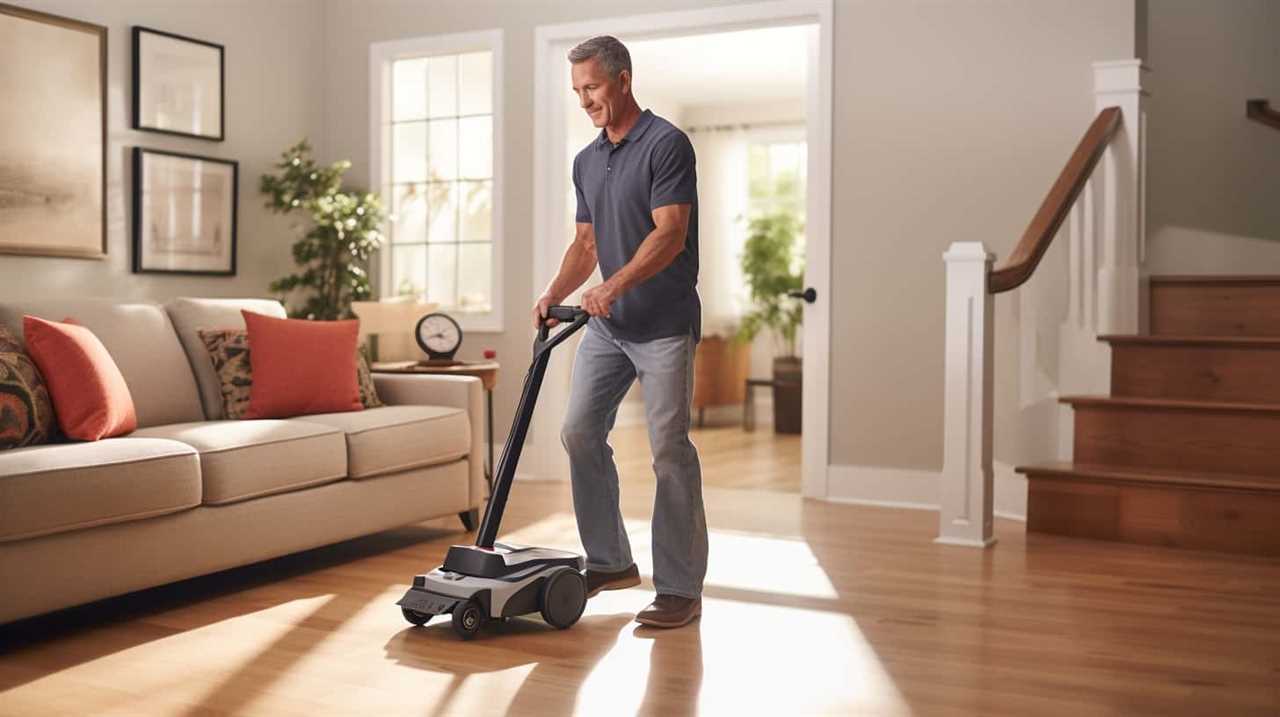
These points will be further explored in the following discussion.
Power Consumption Comparison
DC appliances and AC appliances differ in their power consumption patterns. Understanding these differences is crucial for those seeking energy-saving benefits and considering the environmental impact of their appliances. Here are three key points to consider:
- Efficiency: DC appliances are generally more energy-efficient than AC appliances. They convert electricity more effectively, resulting in lower power consumption and reduced energy waste.
- Standby Power: AC appliances often consume power even when not in use due to standby power requirements. On the other hand, DC appliances consume minimal or no power when not actively used, contributing to energy savings over time.
- Inverter Losses: AC appliances require the use of inverters to convert DC power to AC power. However, this conversion process incurs some energy loss due to the inefficiencies of inverters, making DC appliances more efficient in terms of power consumption.
Understanding these power consumption differences between DC and AC appliances is essential when considering their energy-saving benefits and environmental impact.
Now, let’s explore the safety considerations for DC appliances.

Safety Considerations for DC
The safety considerations for DC appliances revolve around understanding the differences between DC and AC appliances.
When it comes to safety precautions, DC appliances require special attention due to their unique characteristics. One important consideration is the lower voltage levels of DC systems compared to AC systems. While this can reduce the risk of electric shock, it is still important to follow proper installation guidelines to ensure safe operation.
Additionally, DC systems often require specialized wiring and circuit protection to prevent overheating and fires. It is crucial to properly size and protect the wiring to handle the DC current.
Furthermore, DC appliances may have specific installation guidelines regarding grounding and bonding to ensure safe operation and protect against potential electrical hazards.
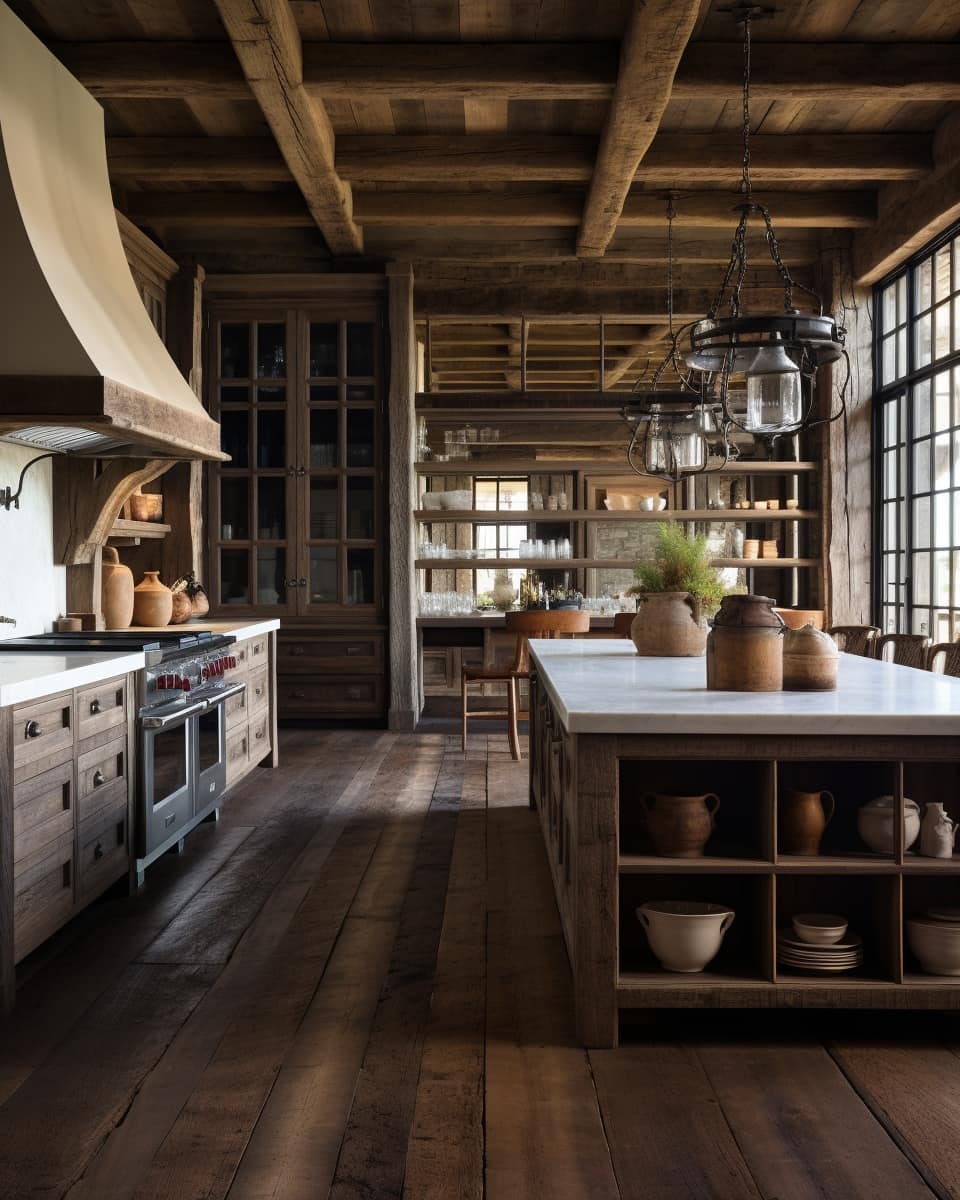
Adhering to these safety precautions and installation guidelines is essential for the safe and reliable operation of DC appliances.
Availability and Compatibility
Availability and compatibility of appliances differ significantly between direct current (DC) and alternating current (AC) systems. Understanding these differences is crucial when designing or upgrading electrical systems. Here are three key points regarding availability and compatibility:
- Limited availability:
DC appliances are less commonly available compared to AC appliances. This is due to the widespread use of AC power grids and the historical dominance of AC in electrical systems. However, with the growing popularity of renewable energy systems and the increasing demand for off-grid solutions, the availability of DC appliances is gradually improving. - Compatibility challenges:
DC appliances are designed to operate specifically with DC power sources, while AC appliances are designed for AC power sources. This means that using a DC appliance with an AC power source or vice versa can lead to compatibility issues. Adapters or converters may be required to ensure compatibility between the appliance and the power source. - Specialized applications:
DC appliances are commonly used in specialized applications such as solar power systems, battery-powered vehicles, and marine applications. These appliances are tailored to the specific requirements of these systems, providing efficient and reliable operation.
Understanding the availability challenges and compatibility issues between DC and AC appliances is essential for selecting the appropriate appliances and ensuring optimal performance in electrical systems.
Common Applications of DC Appliances
Common applications of DC appliances include:
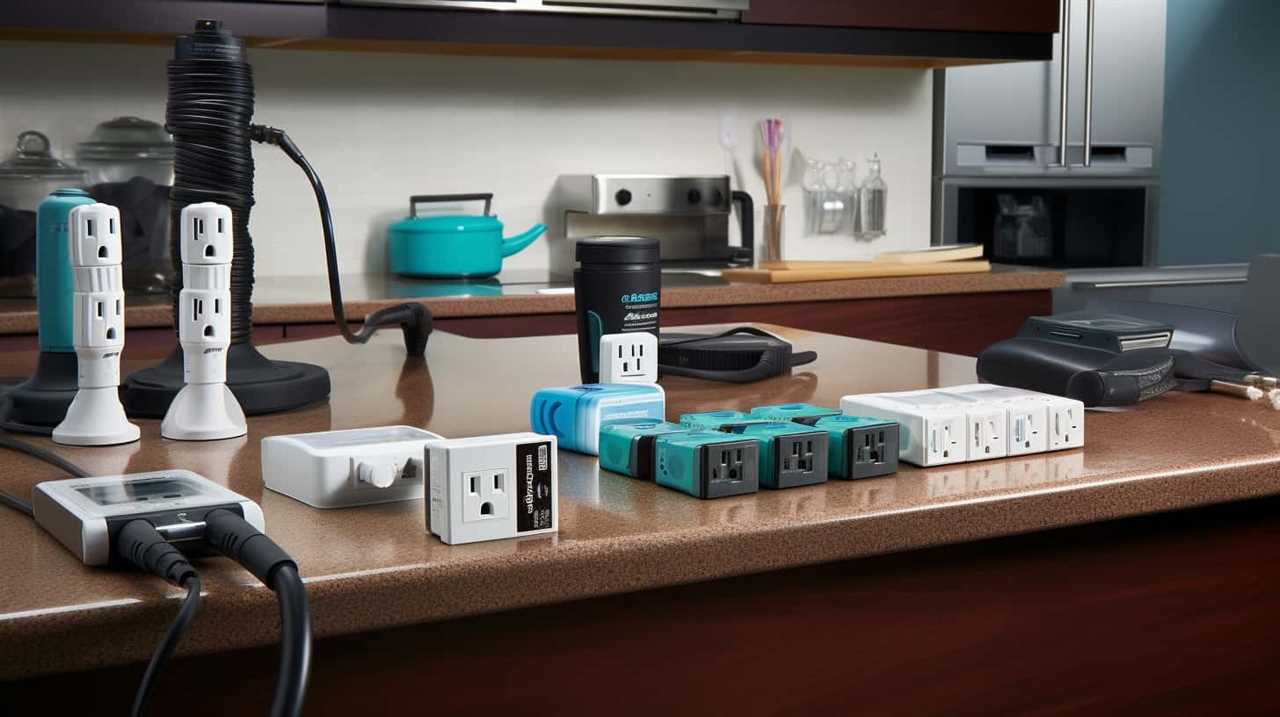
- Powering remote off-grid locations, such as cabins or boats
- Providing reliable backup power during emergencies
These appliances are designed to operate directly from a DC power source, eliminating the need for an inverter to convert DC to AC power. By using DC appliances, energy consumption can be more efficient compared to traditional AC appliances.
DC appliances typically have lower power requirements and are optimized for specific functions, reducing overall energy waste. In addition, DC appliances can have a lower environmental impact as they can be powered by renewable energy sources, such as solar panels or wind turbines, reducing reliance on fossil fuel-generated electricity.
This makes DC appliances a suitable choice for those seeking environmentally-friendly and energy-efficient solutions.
Factors to Consider When Choosing DC Appliances
When selecting DC appliances for your specific needs, there are several important factors to consider. Here are three key factors to keep in mind:
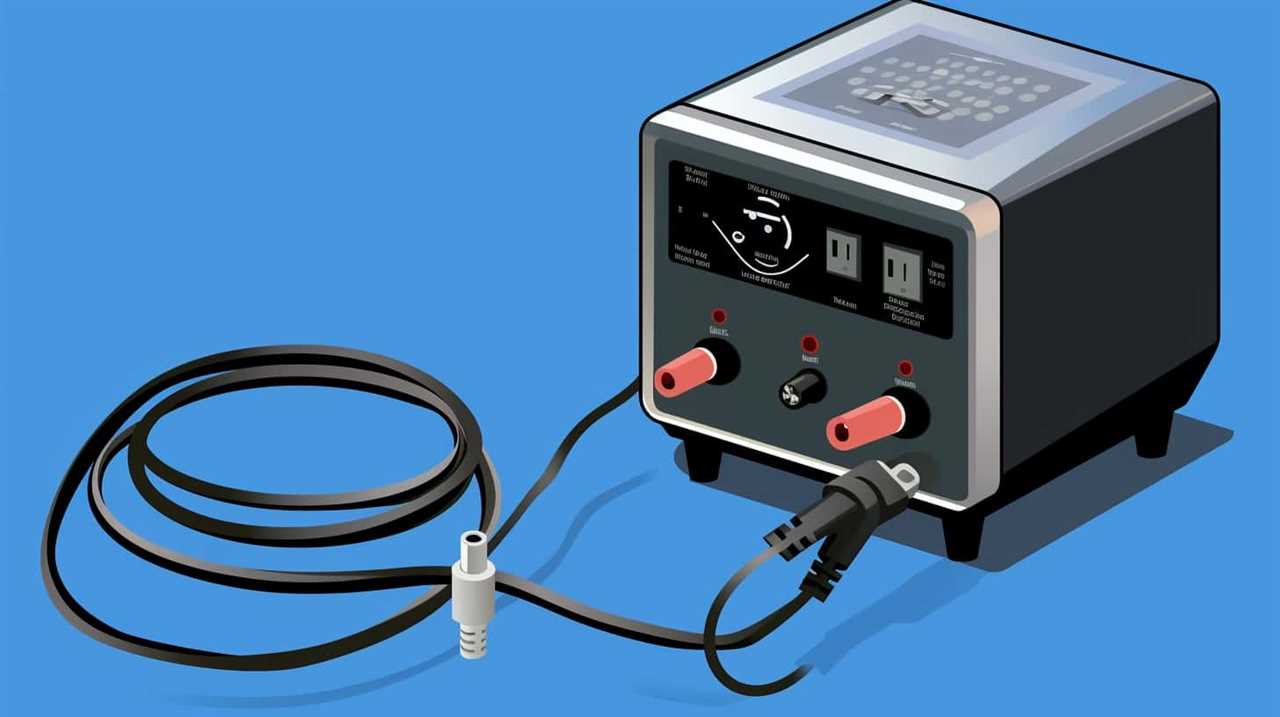
- Power Consumption: One of the main benefits of using DC appliances is their lower power consumption compared to AC appliances. It is crucial to consider the power requirements of the appliances you intend to use and ensure that your DC system can provide enough power to meet those needs.
- Compatibility: Not all appliances are designed to run on DC power. Before making a purchase, check the appliance’s specifications to ensure that it is compatible with DC power sources. This will help avoid any compatibility issues and ensure that the appliance functions optimally.
- Reliability: DC appliances are known for their reliability and durability. When choosing DC appliances, consider their build quality and reliability ratings. Investing in high-quality appliances will minimize the risk of breakdowns and ensure long-term satisfaction.
Considering these factors will help you make an informed decision when choosing DC appliances for your specific needs. Now, let’s explore the next section on maintenance and care for DC appliances.
Maintenance and Care for DC Appliances
Proper maintenance and care are essential for ensuring the longevity and optimal performance of DC appliances. By following a few simple maintenance tips and troubleshooting guide, you can keep your DC appliances in top condition. Here are some key tips to keep in mind:
| Maintenance Tips | Troubleshooting Guide |
|---|---|
| Regularly clean the appliance to remove dust and debris. | Check the power source and ensure it is properly connected. |
| Inspect and replace any worn-out or damaged parts. | Examine the wiring for any loose connections or frayed wires. |
| Lubricate moving parts to reduce friction and ensure smooth operation. | Check the fuse or circuit breaker for any issues. |
By following these maintenance tips and troubleshooting guide, you can prevent major problems and extend the lifespan of your DC appliances. Now let’s delve into the future trends in DC appliance technology.
SUBSEQUENT SECTION: ‘Future Trends in DC Appliance Technology’
Future Trends in DC Appliance Technology
Advancing in technology, the future of DC appliances lies in the integration of smart features and energy-efficient designs. This will not only enhance the functionality of these appliances but also optimize their energy consumption.

Here are three future trends in DC appliance technology:
- Solar power integration: With the increasing popularity of renewable energy sources, DC appliances are being designed to integrate seamlessly with solar power systems. This allows them to harness clean and sustainable energy, reducing reliance on traditional power grids.
- Smart home integration: DC appliances are being developed to be compatible with smart home systems. This enables users to control and monitor their appliances remotely through their smartphones or voice assistants. It also facilitates energy management, allowing users to track their energy usage and make more informed decisions.
- Energy-efficient designs: DC appliances are being engineered to be more energy-efficient. This includes utilizing advanced technologies such as variable speed compressors in refrigerators and inverter technology in air conditioners. These innovations optimize energy consumption, leading to reduced electricity bills and a greener environment.
With these future trends, DC appliances are poised to revolutionize the way we use and conserve energy in our homes.
Frequently Asked Questions
Can I Use DC Appliances With a Traditional AC Power Supply?
Yes, you can use DC appliances with a traditional AC power supply by converting the AC power to DC using a rectifier. However, DC appliances are more commonly used with solar power and in off-grid applications.
What Are the Safety Considerations When Using DC Appliances?
When using DC appliances, it is crucial to consider safety precautions and ensure electrical compatibility. This includes proper grounding, adequate insulation, and using appropriate circuit protection devices to prevent electrical hazards and ensure optimal performance.

Are DC Appliances More Energy-Efficient Than AC Appliances?
DC appliances, compared to AC appliances, tend to be more energy-efficient due to lower energy losses during conversion. This energy savings translates into reduced electricity usage, resulting in a positive environmental impact by reducing greenhouse gas emissions.
Can I Convert My Existing AC Appliances to Dc?
Converting existing AC appliances to DC can provide various advantages, such as increased energy efficiency and the ability to use alternative power sources. However, it requires expertise and may not be suitable for all appliances.
What Are the Limitations of Using DC Appliances in Terms of Power Output?
The limitations of using DC appliances in terms of power output are primarily related to their power consumption and voltage requirements. Understanding these limitations is essential for ensuring efficient and effective usage of DC appliances.
Conclusion
In conclusion, DC appliances offer numerous advantages over their AC counterparts, such as increased energy efficiency, reliability, and safety. They are commonly used in various applications, including off-grid systems, automotive industry, and telecommunications.
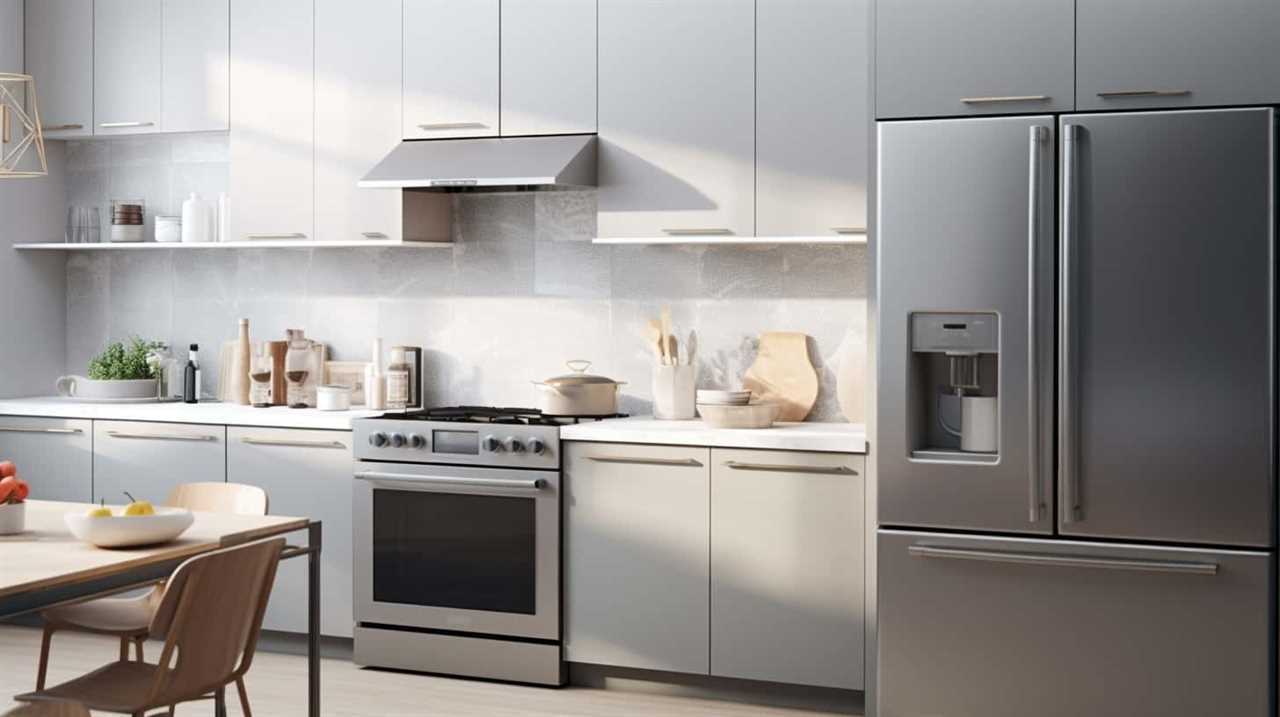
When choosing DC appliances, factors like power requirements, compatibility, and maintenance should be considered. As technology advances, we can expect even more innovative and efficient DC appliances to emerge, revolutionizing the way we power our homes and industries.
Get ready for a future of high-powered, energy-saving DC appliances!
